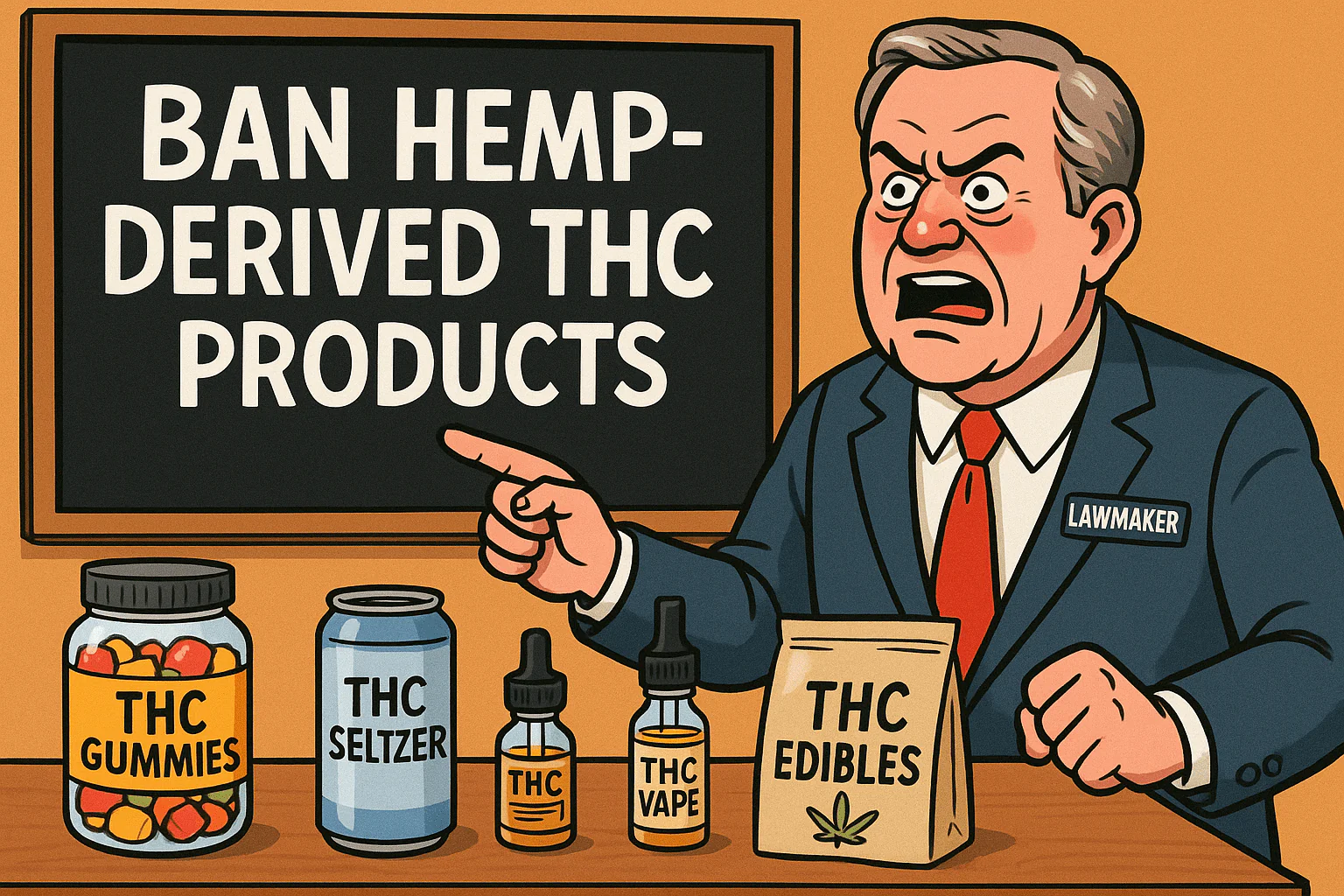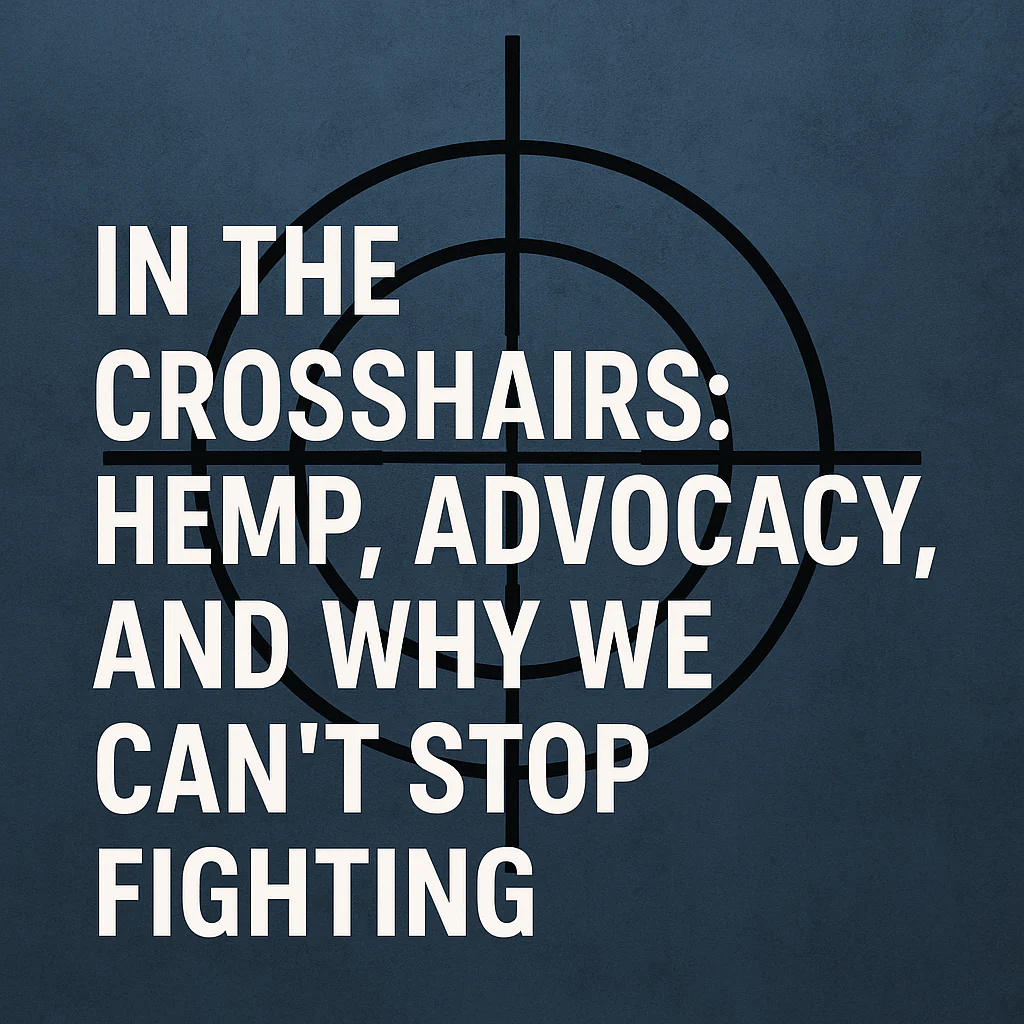Picture this: you invest in agriculture, you follow the law, you build a business that depends on clarity, consistency, and fairness. Then, one day, the rules change in ways that weren’t clearly promised, in ways that endanger your livelihood. That’s exactly what the Kentucky hemp company Cornbread Hemp claims is happening now as it sues Tennessee over newly proposed hemp regulations. And yes, we’re on their side.
What’s Going On
-
Tennessee is imposing a three-tier regulation system for hemp products that, according to Cornbread Hemp, discriminates against out-of-state businesses. Local Memphis
-
The company argues these new rules don’t just add paperwork—they effectively limit or block the ability of businesses like theirs (outside Tennessee) to participate in a market they thought was open under previous laws. Local Memphis
-
Meanwhile, Tennessee has already passed other restrictive laws/overhauls (e.g. banning online sales of hemp products, banning THCA and synthetic cannabinoids, stiff licensing requirements) that seem to move the regulatory needle in ways that weren’t foreseen by many hemp businesses. Tennessee Cannabis Information Portal+2Tennessee Lookout+2
Why We Side with Cornbread Hemp
1. Fairness & Equal Treatment
Regulation should regulate, not pick winners and losers based on geography. If you follow the rules, play by the same standards, you deserve access. Giving in-state businesses advantages that shut out others is exactly the kind of protectionism that undermines trust in the legal system.
2. Predictability & Rule of Law
Business planning, investments, supply chain arrangements—these depend on stable laws. If a business invests in production, shipping, marketing, etc., under one regulatory framework, and it can be changed in a way that makes everything you built unusable or illegal, that’s a serious harm. Laws should protect business expectations, not undermine them with last-minute shifts.
3. Overreach & Agency Power
Cornbread Hemp is arguing that Tennessee has overreached: that the new rules exceed what the legislature authorized, or were never clearly written, and that powerful state agencies are interpreting law in a way that gives them sweeping new powers. That’s dangerous, because agencies sometimes interpret vaguely written laws in ways that stretch their authority. The checks and balances matter.
4. Consumer & Innovation Costs
Overly restrictive rules don’t just hurt businesses—they hurt consumers. Innovation in hemp products (lip balms, topical creams, smokable hemp, etc.) can offer alternatives people want. When regulation bans or makes certain products inaccessible, consumers lose choices. Also, small and medium sized businesses suffer more under heavy regulatory cost burdens.
What’s At Stake: More Than Just One Company
-
Jobs: Farmers, processors, distributors, retailers—all can be impacted if the market shrinks or gets fragmented.
-
Market Access: If out-of-state companies are squeezed out, you see less competition, fewer options, potentially higher prices.
-
Precedent: If states are allowed to impose disproportionately burdensome rules aimed at excluding certain players, we’ll see more of this across other jurisdictions.
-
Legal Accountability: Businesses should have recourse when governments go beyond what the law allows.
Some Criticisms We Should Acknowledge
To be fair, there are arguments in favor of stricter hemp/THC regulation:
-
Public health concerns: Some claim certain cannabinoids or forms (smokable hemp, THCA that converts to THC, etc.) can be misused.
-
Consumer protection: Ensuring products are tested, safe, correctly labeled.
-
Preventing what regulators see as loopholes in existing cannabis/THC laws.
These are legitimate. But legitimate concerns should be addressed in transparent, proportionate ways—not through regulation that appears to punish businesses that followed earlier rules and just want certainty.
Our Call to Action
-
Support the lawsuit: Legally, this case matters not just for Cornbread Hemp, but for many businesses who could be similarly harmed.
-
Demand transparency: Lawmakers and regulators should clearly state what’s changing and why, allow comment periods, and avoid retroactive punishments.
-
Push for fairness in regulation: If regulation is necessary, make it equally applied, economically sensible, and grounded in evidence.
-
Stay informed and involved: Businesses, consumers, and citizens need to pay attention to how laws like this are crafted—and stand up when they cross lines.
In Conclusion
Cornbread Hemp’s suit against Tennessee isn’t just about one company fighting the state—it’s about defending the rights of businesses everywhere to operate under laws that are fair, transparent, and stable. It’s about standing up against regulatory changes that look less like “protecting consumers” and more like “protecting insiders.” And yes, we’re proud to say: we’re on their side.








































